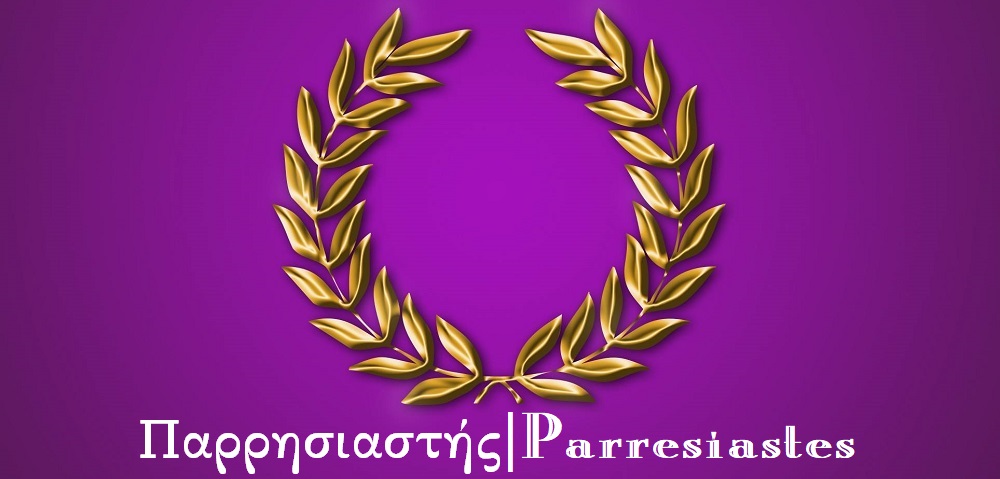I recently
read a paper by classicist Sarah Iles Johnston titled Whose Gods are
These? A Classicist Looks at Neopaganism, which I recommend all Hellenes
and Hellenists to read (you will find the link to the article at the bottom of
this page). It demonstrates with clarity the reason why neopaganism, especially
its American form, tends to imagine Greek culture, especially Greek religion in accordance with
Christian categories. Johnston describes this as «a tendency within
neopaganism to model their new religions upon precisely those that they have
rejected, particularly Christianity» (p. 128).
This is, of course, not a new discovery, particularly in view
of the fact that paganism has arisen from occultism which in turn has arisen
from Western Christianity, but, nonetheless, the explanation given by Johnston
highlights the cultural specificity of American neopaganism. In order to take
insight into paganism’s mentality or «imagination» (as Cornelius Castoriadis
called a social framework of values and principles), one must take its
culturally determined context into account. This is also important as regards
the culture of cultural appropriation in neopaganism, for it is this framework
that justifies and rationalizes the colonial attitude that is so typical of
paganism.
Furthermore,
the text explains why some American pagans and occultists think that
Hellenismos, or Hellenism as it is called in the Anglo-American world, is their
culture, too. Indeed, the Greek gods and their myths are especially popular in
paganism. They have «familiar faces» and have become an integral part of pop
culture. They seem to belong to the West. According to Johnston this is mainly
due to the Renaissance poets and dramatists and their reception of Greek
mythology, making the myths accessible to the West. Then came «Walt Disney,
John Updike and the History Channel» (p. 131). That, however, has created some
confusion regarding the Greek gods. «They seem to belong to everyone and
therefore to no one in particular» (p. 131). Yet, the author offers a very
clear and far more problematic answer with regard to the question to whom they
«belong.» But in all fairness, we cannot expect scholars to take the Hellenic
perspective.
Johnston’s
arguments are quite plausible and therefore worthy of consideration, although
she makes the mistake that many of her American colleagues make, namely
interpreting, or rather misjudging, Hellenismos as «the revival of ancient
Greek religious practices,» a «form of neopaganism» (p. 123, 129), ignoring the
fact that Hellenismos and paganism are differentiated from each other
culturally, historically, and by time, since paganism emerged from occultism,
which is a by-product of Western Christianity. Hellenismos, on the other hand,
is a Mediterranean culture that emerged from the commingling of Mycenaean,
Minoan and other Helladic cultures. But it is still common to mistake
revitalization or even re-indigenization for neopaganism, even in academic
environments. The good news is there are researchers who learn to differentiate
between these two cultural phenomena. Apart from this, the paper is well
thought out and can help advance our understanding of the pagan problem.
 |
Whose
Gods are These? A Classicist Looks at Neopaganism by Sarah Iles
Johnston |
